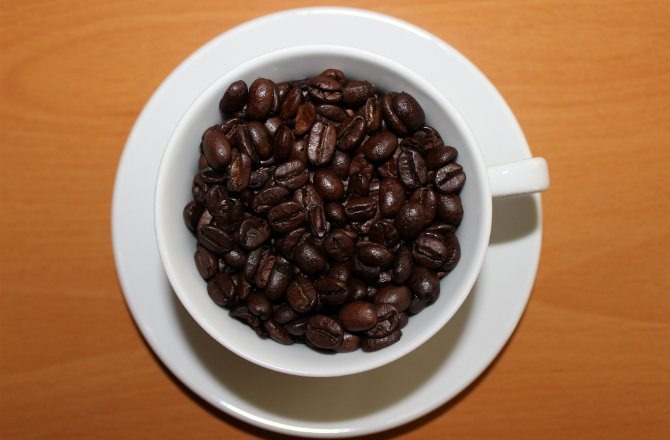Starbucks To Recycle Coffee Grounds, Food Waste Into Bioplastics
Starbucks is making new headway into tackling the 1.3 million tons of food waste that ends up in landfills. The newest solution? Turn its own coffee grounds and food waste into bioplastics.
The coffee giant announced its new plans with a biorefinery research team at the 244th National Meeting & Exposition of the American Chemical Society, reports Inhabitat. These biorefinery scientists will take leftover baked goods and coffee grounds and transform them into bioplastic, household products, like laundry detergent. Said head researcher of the biorefinery research team, Carol S. K. Lin, PhD, "We are developing a new kind of biorefinery, a food biorefinery, and this concept could become very important in the future, as the world strives for greater sustainability... Using corn and other food crops for bio-based fuels and other products may not be sustainable in the long-run. Concerns exist that this approach may increase food prices and contribute to food shortages in some areas of the world. Using waste food as the raw material in a biorefinery certainly would be an attractive alternative."
So what does this science talk mean? Essentially, the biorefinery will blend the food waste together with a mixture of fungi that will excrete enzymes, reports Phys Org. Those enzymes break down the carbs into simple sugars, which are then converted into succinic acid, thanks to bacteria. It's that succinic acid that's the money-maker: succinic acid can be used to make products like laundry detergent, medicines, and plastics.
So far, the plans are limited to Hong Kong Starbucks stores, but don't think that won't make a difference: the research team will use up to 5,000 tons of food waste from Hong Kong Starbucks locations alone. One small step for Starbucks, one giant step for the environment.
(Photo Modified: Flickr/Sammy Zimmermans)
